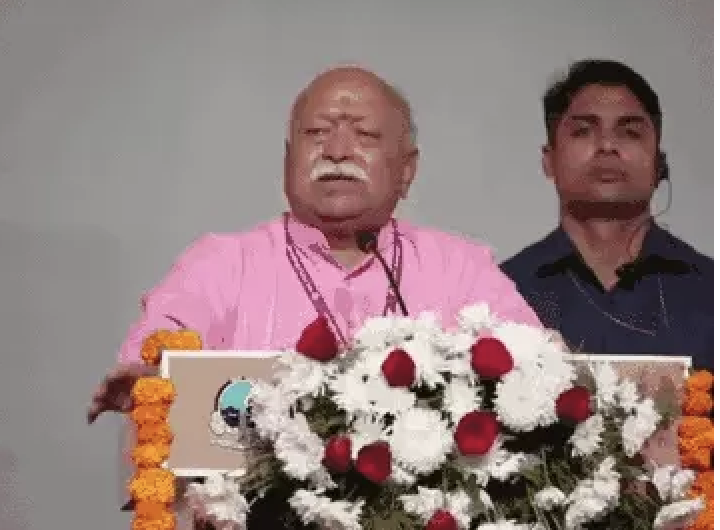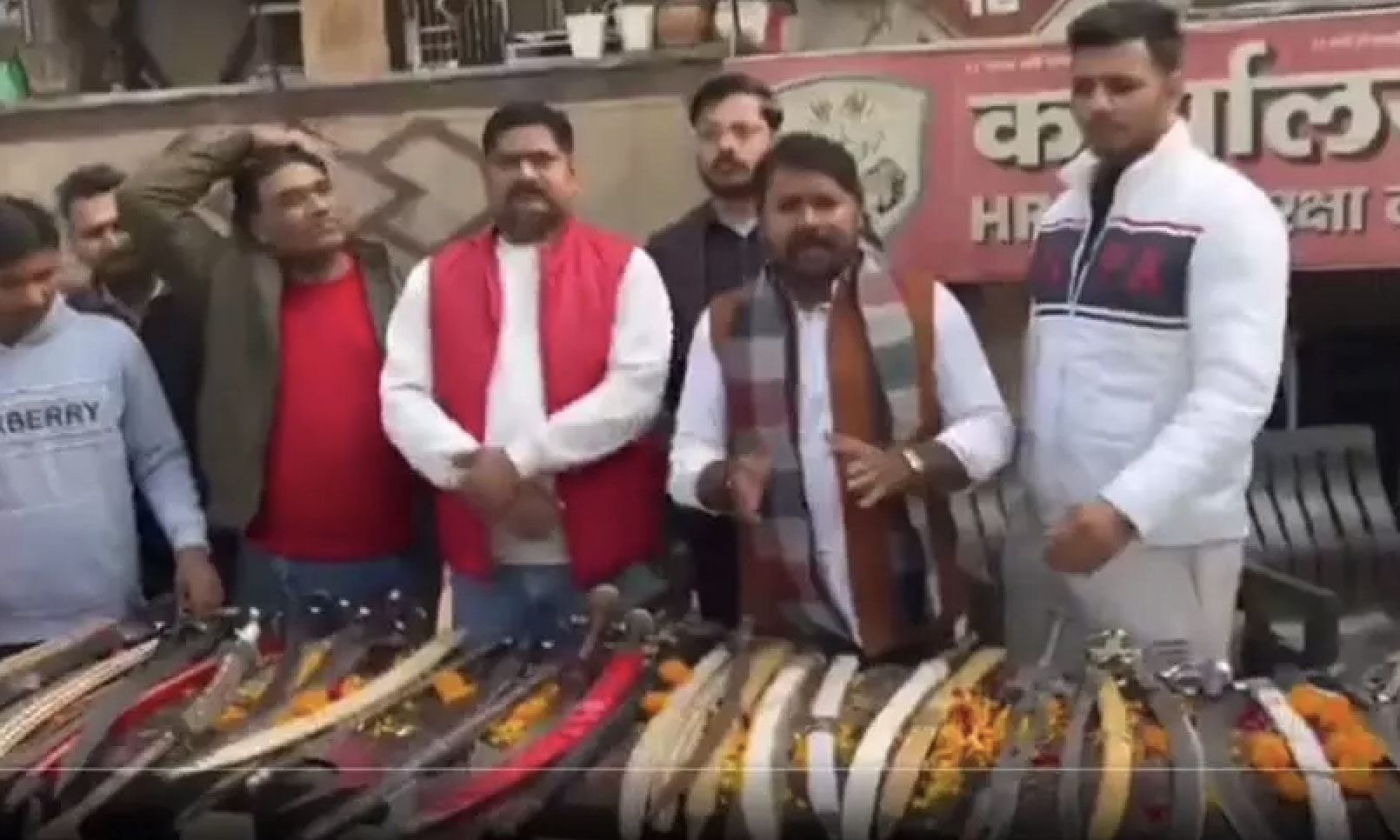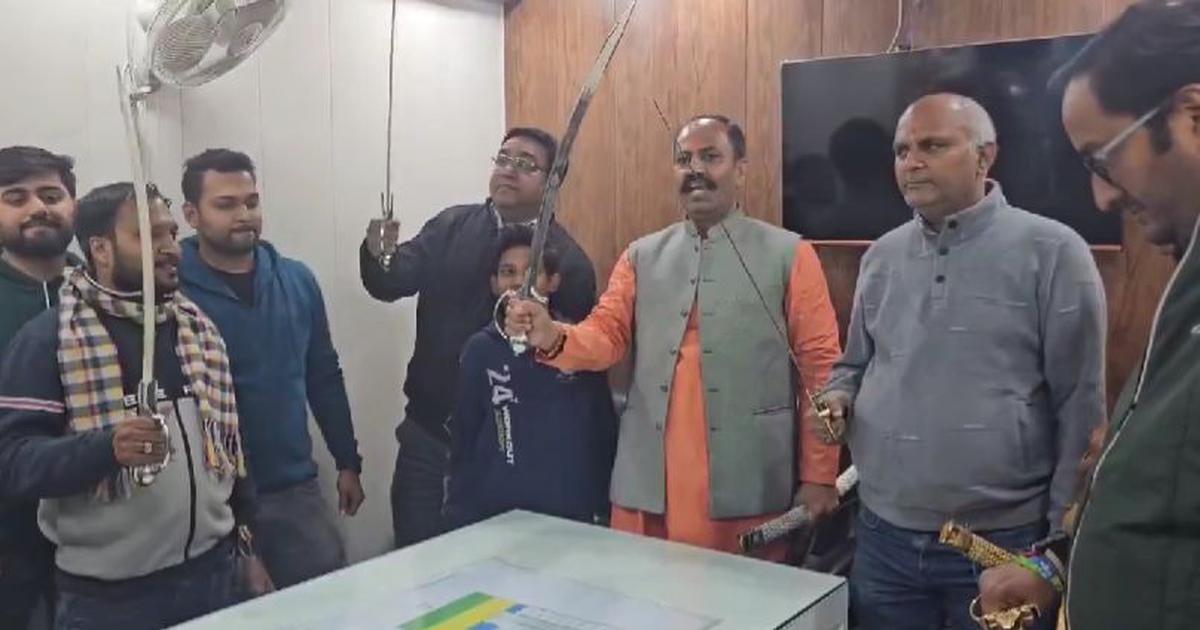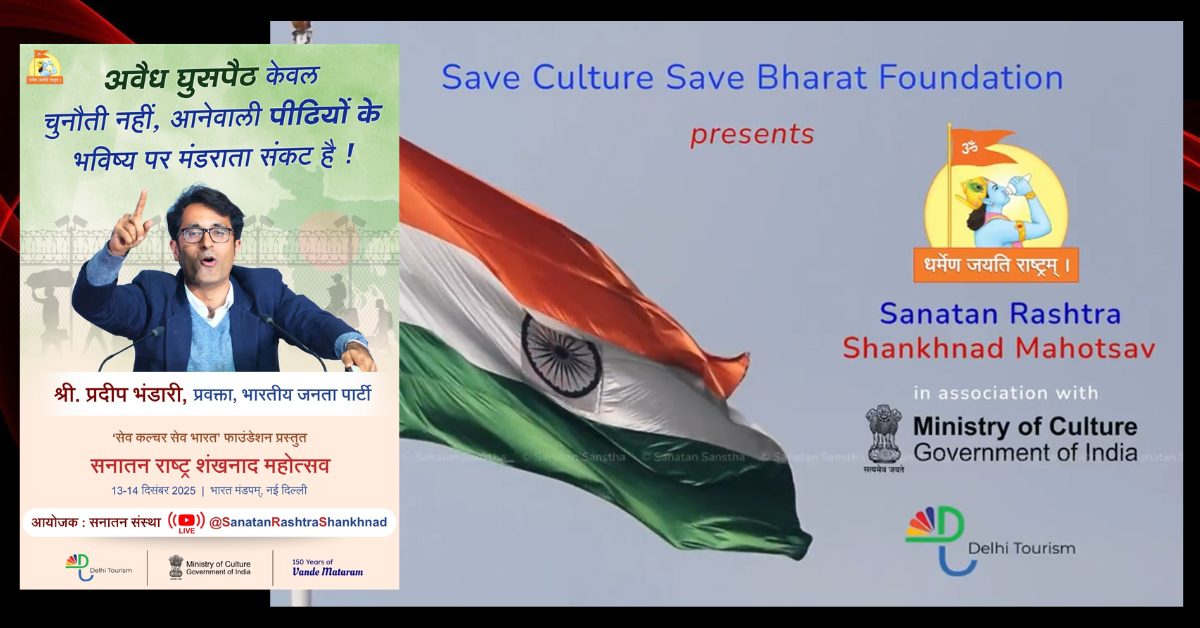
Imagine this. A pogrom takes place in a foreign country targeting a minority group, say Christians, with hundreds brutally killed by rampaging mobs, many mutilated and raped, and foetuses removed from pregnant women. Thousands flee destroyed homes. The provincial leader on whose watch these events take place is a politician with open links to extremist Islamist organisations. Three holidaying British citizens are among the massacred. Allegations emerge that this politician’s language helped foment the massacres. With one of his cabinet jailed for her role in the pogroms he becomes the frontrunner to lead this increasingly powerful country. Would you worry?
Yes, is the likely answer, and so you should. In reality, the country is India, the extremists are Hindus, the 2002 Gujarat pogroms targeted Muslims, and the leader in question is Narendra Modi. As the candidate of the far-right Bharatiya Janata Party (BJP), in current elections he does not dispute his or its links to the extremist Hindu network known as the Sangh Parivar.
Modi was a leading activist for its secretive and militaristic arm, the Rashtriya Swayamsevak Sangh (RSS) – whose founder expressed admiration for Hitler, ideologies of racial purity and the virtues of fascism. It is an organisation that, on a good day, looks like the British National party but can operate more like Nazi militias. Known for an authoritarian leadership style, Modi’s only expression of regret for the pogroms compared them to a car running over a puppy, while he labelled Muslim relief camps “baby-making factories”.
Hindu extremism is rooted in a macho 20th-century response to British colonialism which mocked Hindu “effeminacy”. It is rarely scrutinised in the west, partly because Hinduism is stereotyped as gentle and non-violent in the image of Gandhi – who, ironically, was assassinated by an RSS activist – and benefits from the disproportionate attention given to Islamist violence, which enables other pernicious extremisms to slip under the radar.
For all its anti-British rhetoric, Hindu nationalism played no significant role in either the freedom struggle or in creating the secular constitution of independent India. But over recent decades, the notion of Hindutva (Hindu-ness) has grown in force along with the unfettered capitalism it espouses: it is responsible for vicious attacks on Christians, murdering missionaries and calling for Muslims to choose between Pakistan and the graveyard. And any victory for a proponent of a nuclearised Hindu India where homosexuality remains criminalised will have consequences that will be felt well beyond the subcontinent, not least in multicultural Britain.
The Gujarat pogroms took place after an unexplained fire on a train, which killed Hindu activists and was swiftly attributed by Modi to Islamic forces and Pakistan. Allegations remain that he deliberately prevented authorities from intervening. Contrary to claims, India’s supreme court has not issued him a “clean chit” but criticised him as a “modern-day Nero”.
Modi’s moral culpability was recognised by both Britain and the US in denying him a travel visa for several years. Britain has also been attempting, without success, to get justice for the three Britons – Saeed and Sakil Dawood, and Mohammed Aswat – who were chased, cornered and brutally killed, their bodies burned beyond recognition. Now, disgracefully, trumped by British corporate interests in India, many owned by British Indians, governmental links with Modi have been re-established. This rehabilitation is the result of hard lobbying by some Hindutva-friendly politicians and the many front organisations that operate in Britain. We are urged to focus on corporate-friendly Modi, the pogroms being a little mishap to be shrugged off.
We should note with concern that some charitable funds raised in Britain, including for the 2001 Gujarat earthquake, went to charities run by Hindu extremists who systematically foment hate. So too must we care about the “saffron pound” sent by long-distance Hindu “patriots” to fund extremism. But investigating Britain’s Hindu zealots doesn’t have the same political currency as pronouncements about getting “tough” on Islamic extremism.
A Modi victory will strengthen the arm of chauvinist forces in Britain, which have already had successes such as shutting down exhibitions, quashing caste discrimination laws, and withdrawing Royal Mail stamps. Under Modi there will be no progress on Kashmir, which will also have far-reaching violent consequences. In the face of a global resurgence of the right we must be alert to all its extremist forms. Britons committed to anti-fascism must not allow their country to abdicate morality.






